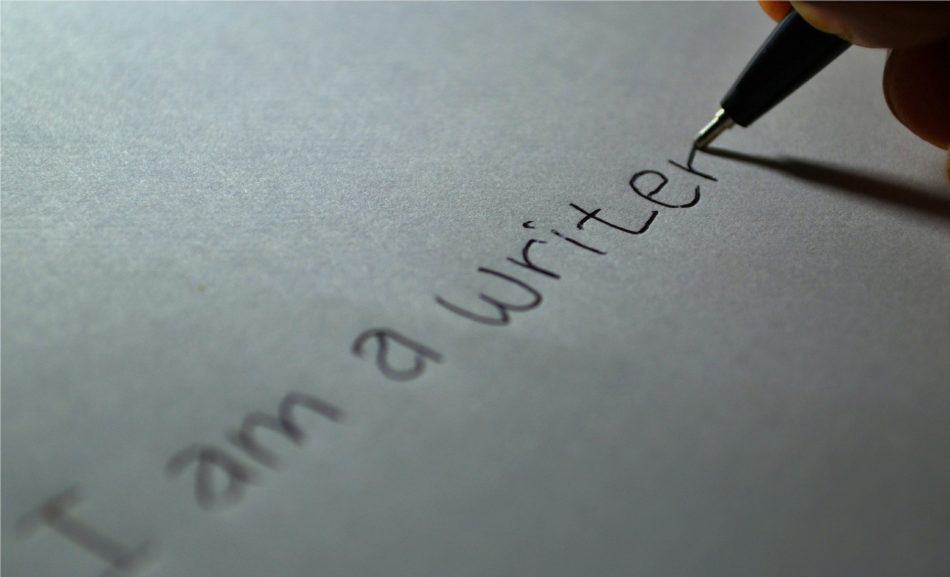As an experienced fiction editor, I think I can safely say that most writers struggle with creating believable, well-rounded characters. As a writer, I know I do. Even in a short story, you want the main characters to be realistic and believable-no matter how escapist your literature is, or how avant-garde or fantastical. While reading […]
Writing
Finding Balance Between Prose and Dialogue | Reader Feedback
How do you find the right balance of prose and dialogue in your novel? How much of either is “too much”? Writing is a balancing act. So much in life goes unsaid, and so much of what’s unsaid is important. Like most feats of balance, it helps to know what happens when we go to […]
Indexing: Construct a Topic Tree
Indexing is not for the faint of heart. It requires superb mental organizational skills, and an ability to discern the big picture while sorting out the minutiae. Without proper organization, you might go mad. Especially with academic books, organizing topics can be a...
So You Want To Be A Children’s Book Author — The Basics Experienced Writers Wish They’d Known
After years of editing, teaching writing, working with writers, and learning about the industry as a writer/illustrator, I have a created a list of things I believe new children’s book writers need to know. I also asked some published author and illustrator friends to tell me what they wish they’d known when they began. Following […]
Weaving in Back Story | Staying Disciplined as a Writer
Successfully weave a character’s back story through my novel? I don’t want to include too much of their history too soon and kill the story’s momentum. A well-rounded character, just like any real person, will grow in complexity over time. Within the finite structure of a fictional story, it’s a writer’s job to guide the […]
Grammar’s Role in Dialogue – Finding a Critique Partner
Do grammatical rules apply when writing dialogue? Are accents and slang fair game? The grammar you use in your dialogue should match the grammar the character would use while speaking. You can use grammatical style as a tool for character development. Characters rarely require dialogue with perfect grammar, because few people speak that way. Even […]
How to Write a Book
Yes, I’m going to explain how to write a book in 750 words. After writing more than seventy books myself, I feel I can boil down the book-writing process to several simple tips. Note that I said book-writing process. Before attempting to write a book longer than Goodnight Moon, a person should understand and be […]
When to Start a New Paragraph in Fiction
The Book Synopsis, in Brief
One of the crucial elements of any book query package is the synopsis: a very condensed version of the story, presented in just a few pages. This holds true whether the book is fiction or nonfiction, but publishers and potential agents most definitely want to see synopses for novel submissions. When I first started in […]
A Foolproof 7-Step Story-Building Model
Structure is one area that beginning writers struggle with the most. We all know our stories should have suspense, surprise, drama, intrigue, and all sorts of other spicy elements. But how do we create a structure that delivers all of these elements? Over the years of working with writers as and editor and creative writing […]
Getting Through Your Crappy First Draft
Years of editing have taught me a great deal about writing, and I’m very grateful for it. But an editor’s path can be a tricky one when it comes to writing her own book. As so many of you who are inclined toward self-editing will know, it’s so easy to get mired in the morass […]
How To Format A Picture Book Manuscript For Publishers
Attention to proper formatting will help your submission stand out. If you use Microsoft Word, here’s how your paragraph settings should look. Format examples.







